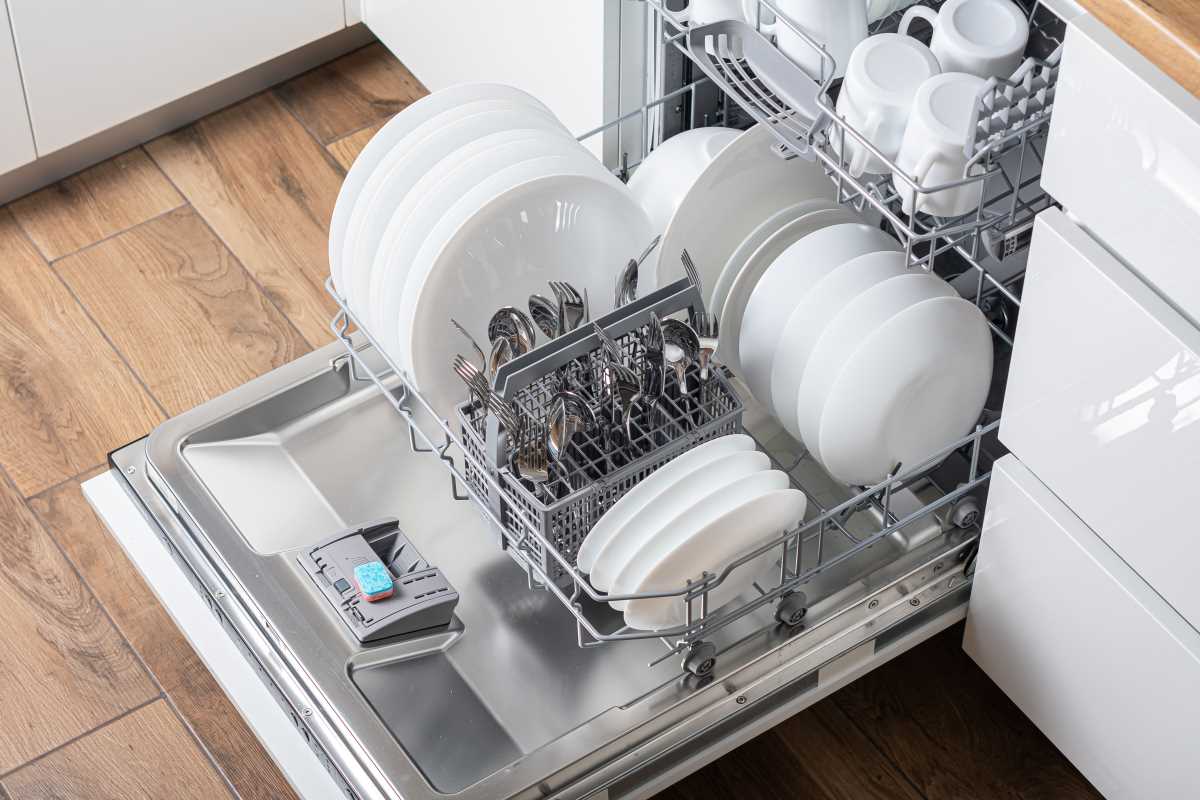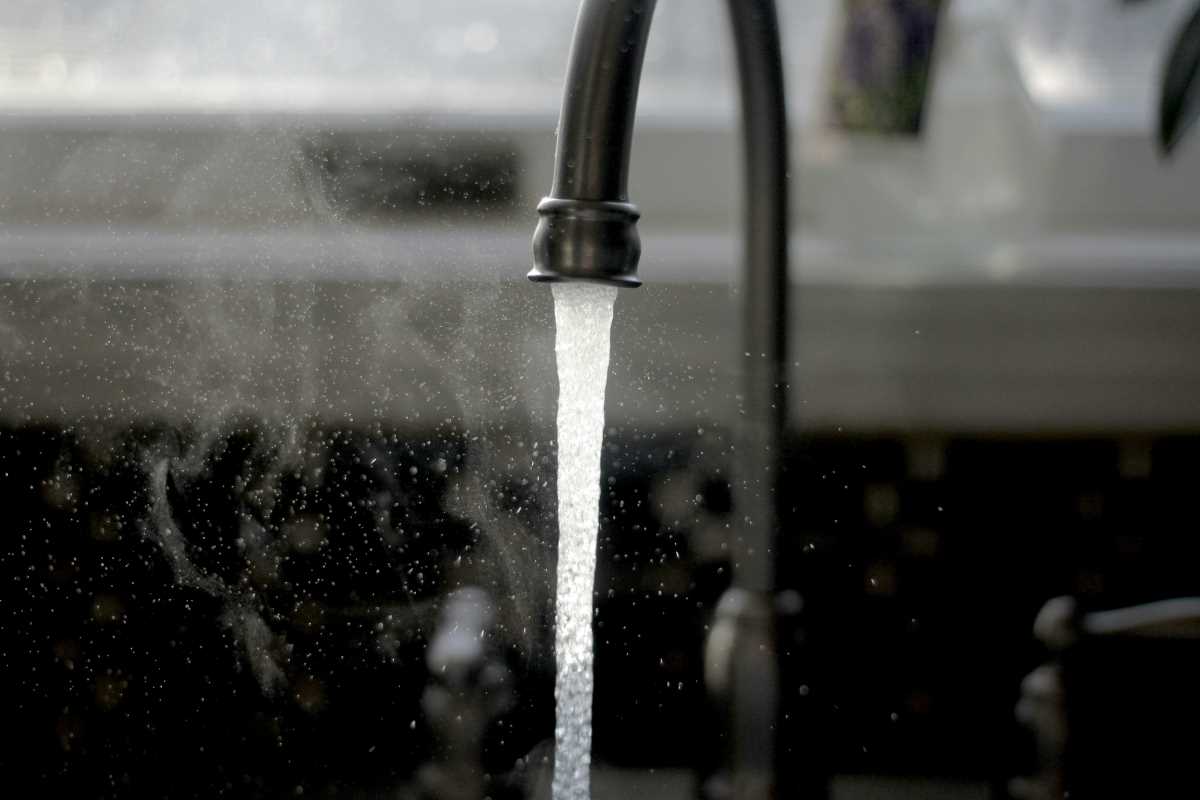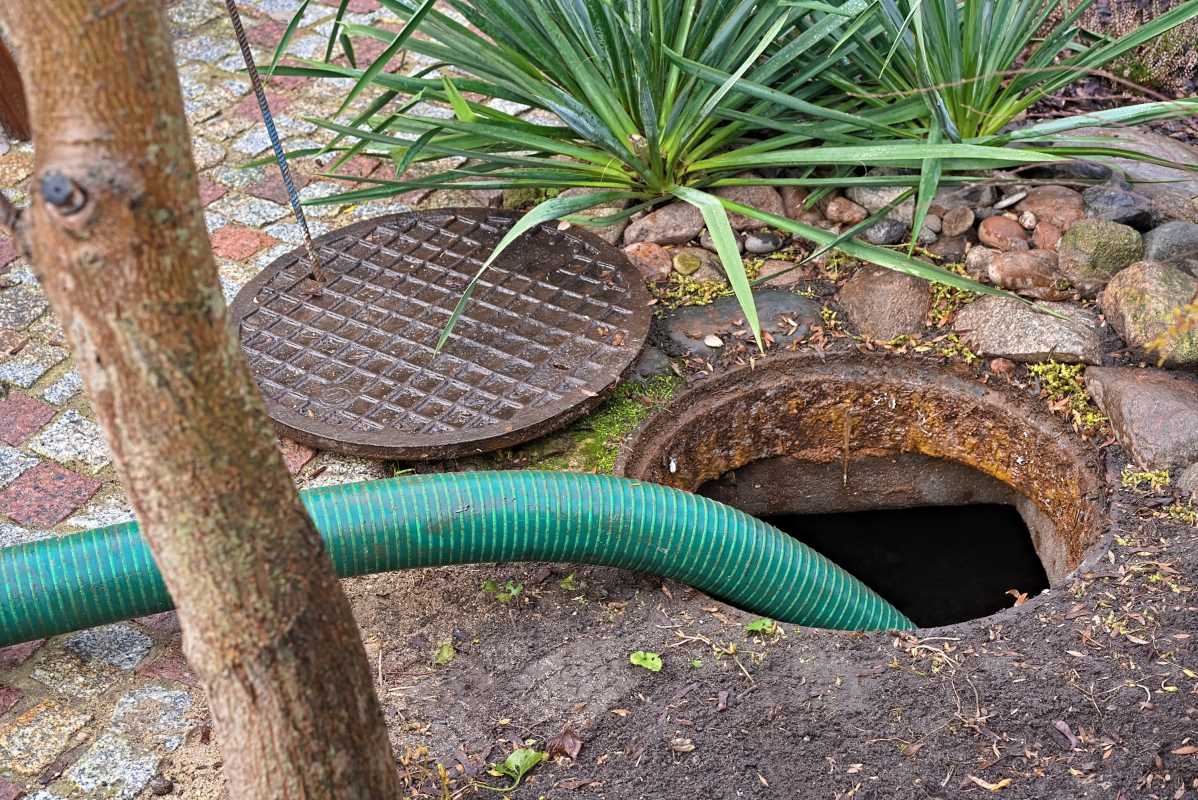A dishwasher is a true workhorse of the modern kitchen, handling stacks of dirty dishes with ease and saving time for other tasks. However, like any appliance, it requires proper care to continue functioning efficiently. Neglecting maintenance can lead to poor cleaning performance, unpleasant odors, or even costly repairs. With consistent upkeep, it’s easy to keep a dishwasher in top condition, ensuring longer-lasting performance and pristine results after every cycle. This guide provides practical tips to help with maintaining a dishwasher so it operates effectively for years to come.
Keep the Filter Clean
The filter in a dishwasher plays a crucial role in trapping food particles and debris during the cleaning process. Over time, these particles can build up and clog the filter, reducing the dishwasher’s efficiency and potentially causing unpleasant odors. Cleaning the filter regularly is an easy way to prevent this.
Before cleaning, take a moment to locate the filter in the bottom of the dishwasher, as its position can vary between models. Most filters can be removed by twisting or lifting them out. Rinse the filter under warm running water to remove trapped debris, using a soft brush if needed to dislodge stubborn particles. Reinstall the filter securely to ensure it functions properly.
Inspect and Clean the Spray Arms
Spray arms are responsible for distributing water evenly throughout the dishwasher, ensuring that every dish receives a thorough cleaning. Over time, small food particles, grease, or even mineral deposits from hard water may clog the spray holes, diminishing cleaning performance.
Inspect the spray arms periodically for blockages. If clogs are found, remove the arms according to the manufacturer’s instructions. Run water through them to flush out obstructions, and use a toothpick or small brush to clean out any stubborn debris. Once cleared, reattach the spray arms and test them by rotating them to ensure they move freely.
Check and Maintain the Door Seal
The rubber gasket or door seal creates a tight barrier to prevent water from leaking out during a cycle. Over time, dirt and detergent residue can accumulate along the seal, causing wear or affecting its ability to form a proper seal.
Clean the gasket regularly using a damp cloth and mild soapy water. Pay close attention to the folds and crevices where debris might collect. Avoid using harsh chemicals or abrasive materials that could damage the rubber. Inspect the seal for signs of wear, such as cracks or tears, and replace it if needed to maintain the dishwasher’s leak-proof integrity.
Run a Cleaning Cycle
Even a machine dedicated to cleaning needs a little cleaning of its own. Over time, grease, soap scum, and mineral deposits can build up inside the dishwasher, leading to reduced efficiency and unpleasant smells. Running a cleaning cycle helps eliminate these residues and refresh the appliance.
One easy method is to place a dishwasher-safe cup of white vinegar on the top rack and run a normal cycle without any dishes. The vinegar’s acidity helps break down grease and mineral deposits. For added freshness, sprinkle a small amount of baking soda on the bottom of the dishwasher and run a short cycle. This step deodorizes the interior and leaves it smelling clean.
Use the Right Detergent
Not all dishwasher detergents are created equal, and using the wrong type can affect cleaning results and even damage the appliance over time. Many dishwashers are designed to work with specific formulas, such as powders, liquids, or pods. Follow the manufacturer’s recommendations for the best performance.
Overloading the detergent dispenser or using too much soap can also lead to residue buildup inside the machine. Ensure that the proper amount of detergent is used to prevent clogging and avoid oversudsing, which could strain the dishwasher’s components.
Prevent and Address Hard Water Buildup
Hard water is a common issue in many households, leaving behind mineral deposits that can reduce a dishwasher’s efficiency. Over time, these deposits may accumulate on heating elements, spray arms, or other internal components, affecting performance.
If mineral buildup is a concern, consider using a water softener or a rinse aid specifically designed to combat hard water effects. Rinse aids promote better drying and help keep dishes spot-free. For persistent issues, an occasional cleaning with a dishwasher cleaner designed to remove limescale can make a noticeable difference.
Avoid Overloading or Improper Loading
A well-organized dishwasher not only ensures cleaner dishes but also reduces strain on the machine. Overloading racks or placing items incorrectly may block spray arms or limit water circulation, leading to subpar performance.
Take care to load dishes according to the manufacturer’s guidelines. Heavier items like pots and pans should be placed on the bottom rack, while lighter or more delicate items like glasses and bowls belong on the top rack. Ensure that nothing obstructs the detergent dispenser or spray arms, and avoid stacking items that might trap food particles.
Check the Drain Regularly
The drain at the bottom of the dishwasher is responsible for removing dirty water after each cycle. A clogged drain can lead to standing water and ineffective cleaning. Periodically checking the drain area and clearing it of debris helps prevent clogs.
Remove any visible food particles, broken glass, or small objects that may have fallen into the drain. If water drainage issues persist despite regular cleaning, inspecting the drain hose for kinks or obstructions can help resolve the problem.
Run the Dishwasher Regularly
Running the dishwasher regularly keeps its components functioning smoothly. Even if there aren’t enough dirty dishes for a full load, running a cycle every few days ensures that seals don’t dry out and that the machine’s parts stay lubricated and operational.
For times when the dishwasher won’t be used for an extended period, clean and dry the interior before unplugging it. Leave the door slightly ajar to prevent mold or odors from developing.
Address Issues Promptly
It’s important to address any problems with the dishwasher as soon as they arise. Ignoring unusual noises, leaks, or poor cleaning results can lead to bigger, more expensive issues down the line. Troubleshoot common problems using the owner’s manual, and don’t hesitate to call a professional service technician if needed.
Regular maintenance and timely repairs safeguard the dishwasher’s performance, reducing the likelihood of major breakdowns. By staying proactive, it’s possible to avoid disruptions in the appliance’s operation.







